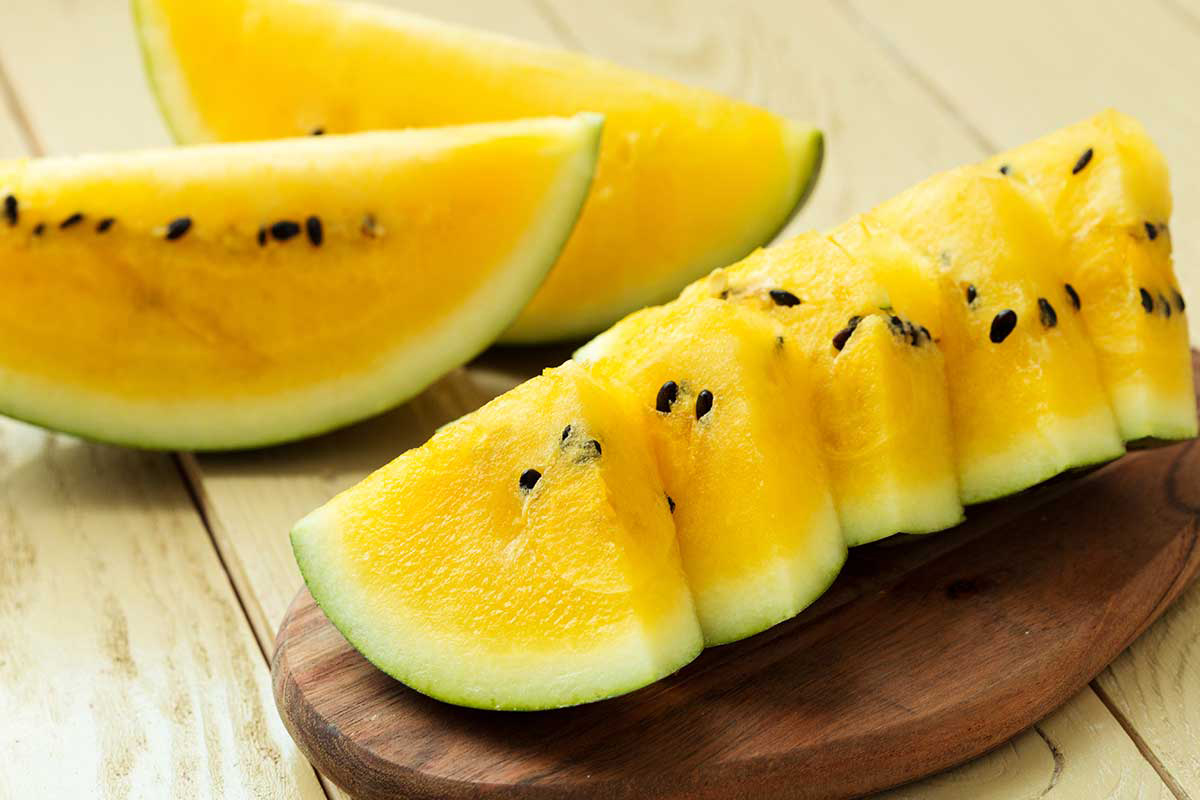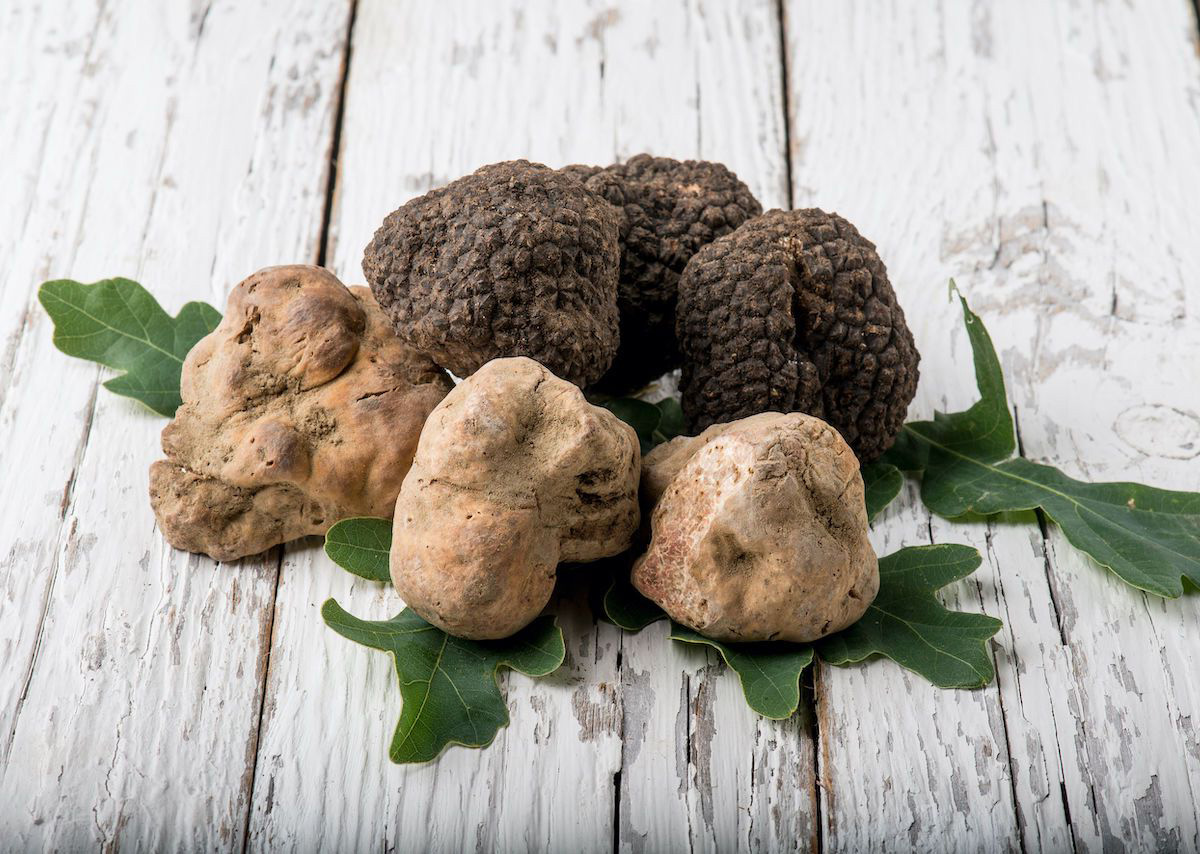Understanding the Difference Between Vegetable Oil and Canola Oil
When it comes to cooking oils, there are numerous options available, each with its own unique characteristics and uses. Two popular choices are vegetable oil and canola oil. While they may seem similar, there are some key differences between the two that are important to understand.
Vegetable Oil
Vegetable oil is a general term used to describe any oil that is derived from plants. This can include a variety of oils such as soybean oil, corn oil, sunflower oil, and more. The oil is typically extracted from the seeds, nuts, or fruits of the plants through a process of pressing or refining.
- Vegetable oil has a neutral flavor and a high smoke point, making it suitable for a wide range of cooking methods including frying, sautéing, and baking.
- It is a versatile oil that can be used in both savory and sweet dishes.
- Due to its neutral flavor, it does not impart any additional taste to the food being cooked.
Canola Oil
Canola oil, on the other hand, is a specific type of vegetable oil that is extracted from the seeds of the canola plant. It is known for its light texture and mild flavor, making it a popular choice in many kitchens.
- Canola oil has a high smoke point, similar to vegetable oil, making it suitable for high-heat cooking methods.
- It is often used in salad dressings, marinades, and for sautéing vegetables.
- Canola oil is low in saturated fat and high in monounsaturated fat, making it a heart-healthy choice.
Key Differences
While both vegetable oil and canola oil are derived from plants and can be used for a variety of cooking purposes, there are some distinct differences between the two:
- Source: Vegetable oil can be derived from a variety of plants, while canola oil specifically comes from the canola plant.
- Flavor: Canola oil has a milder flavor compared to the neutral flavor of vegetable oil.
- Nutritional Profile: Canola oil is lower in saturated fat and higher in monounsaturated fat compared to many other vegetable oils.
Choosing the Right Oil
When deciding between vegetable oil and canola oil, it’s important to consider the specific cooking application and flavor profile of the dish being prepared. For high-heat cooking methods such as frying, both oils are suitable due to their high smoke points. However, for dishes where a milder flavor is desired, canola oil may be the preferred choice.
Additionally, for individuals looking for a heart-healthy option, canola oil’s lower saturated fat content makes it a favorable option.
Conclusion
While both vegetable oil and canola oil are versatile cooking oils, understanding their differences can help you make informed choices in the kitchen. Whether you’re looking for a neutral oil for frying or a heart-healthy option for dressings and sautéing, knowing the distinctions between these two oils can elevate your culinary creations.
Next time you’re in the kitchen, consider the unique qualities of vegetable oil and canola oil to enhance your cooking experience!
Was this page helpful?
Read Next: What Is Pumpkin?











